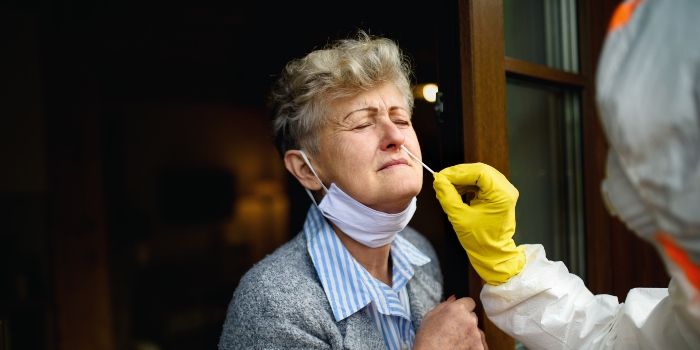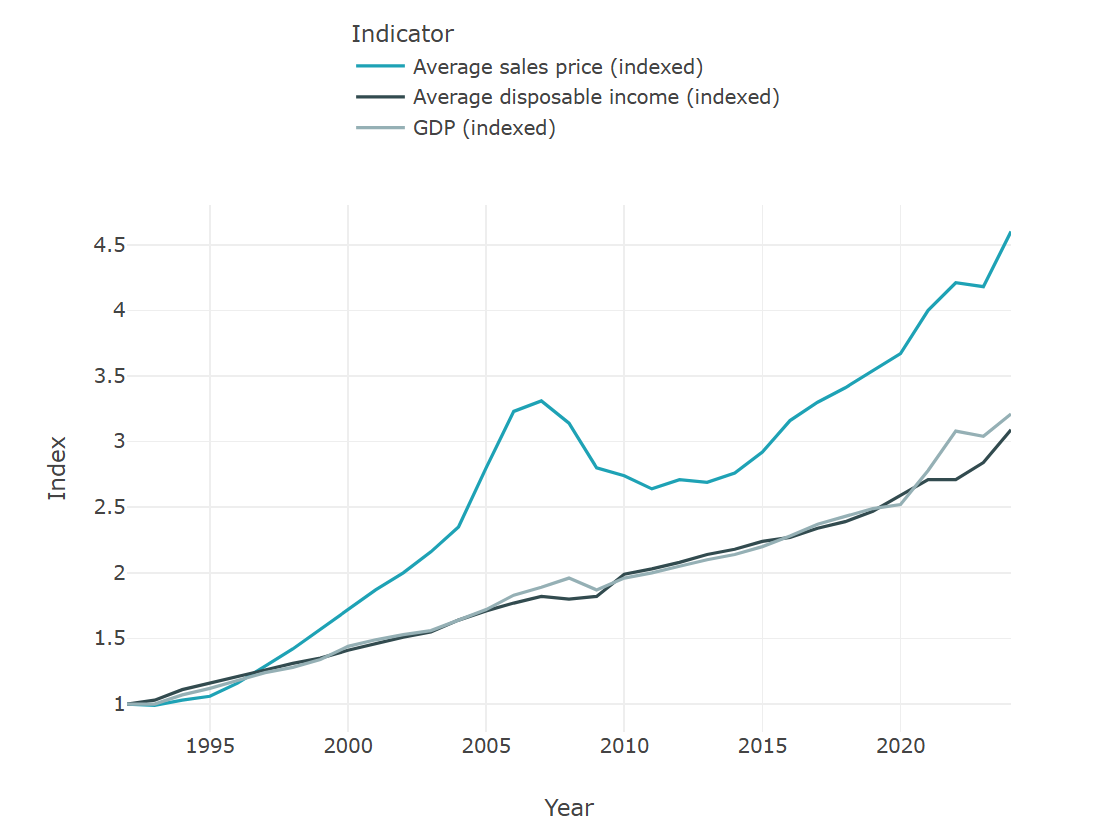The government has just moments ago confirmed that a new testing strategy will target students at schools, colleges and universities – raising hopes that reopenings of more educational establishments might take place at the end of the current restrictions, which expire on February 28.
Greater testing opportunities will be made available for students, but the government has not yet decided on a final model. It has, however, pledged to buy “millions of tests”.
A press conference at the Ministry of Justice is ongoing.
10 million new tests ordered
The health minister, Magnus Heunicke, revealed the new testing strategy will primarily use a new version of the so-called ‘lightning test’, which will involve putting a tube only 2 or 3 cm up the patient’s nose.
Denmark has ordered 10 million tests and already received 400,000.
Down to the students
The education minister, Pernille Rosenkrantz-Theil, has said it is down to students whether they can come back, but that they will need to be regularly tested.
“It requires young people to want to be tested and for the schools to contribute to solving the big logistics task. Continuous testing is the key to keeping the school gates open, so it is crucial that we get a proper strategy,” she said.
A huge, huge task
The justice minister, Nick Hækkerup, seemed less optimistic.
“If were are talking about all the public schools and youth institutions opening, then you are talking about 160,000 tests a day. It’s a huge, huge task. I do not think the calculations show that we can open on March 1,” he said.
“We will build a large network of permanent test sites across the country. We already have 55 places for the quick tests, but this should rise to several hundred.”
New rules for cross-border commuters
Meanwhile, cross-border commuters will need to gave a negative corona test taken within the previous 72 hours to satisfy the authorities.
Previously the requirement was a negative test taken during the last week. The rules apply to people “who enter Denmark with a worthy purpose”.
The new rules come into force tomorrow.













